Beijing has voiced strong opposition to the China-related content of a new United States defense act, and urged Washington to abandon its Cold War mentality and ideological prejudices and translate the consensus reached between the two heads of state in Bali, Indonesia, last month into concrete actions.
While asking the U.S. not to put the China-related provisions in the act into practice, Beijing also made it clear that the country would take "resolute and forceful measures" to firmly safeguard its sovereignty, security and development interests.
On Friday, U.S. President Joe Biden signed the National Defense Authorization Act for Fiscal Year 2023 into law.
The act contains a number of negative provisions related to the Taiwan question, including $10 billion in military aid to the island in the next five years, $2 billion in foreign military financing loans and the requirement to speed up the processing of Taiwan's military purchase requests. It also has some negative provisions related to the issues of Hong Kong and Xinjiang.
The act seriously violates the one-China principle and the stipulations in the three China-U.S. joint communiques, and blatantly interferes in China's internal affairs, a Foreign Ministry spokesperson said on Saturday in a statement, adding that "China has made serious demarches to the U.S."
The act sends a gravely wrong signal to the separatist forces for "Taiwan independence", which severely affects peace and stability across the Taiwan Straits, the spokesperson said.
Tan Kefei, spokesman for the Ministry of National Defense, said on Saturday that China strongly opposes the playing up of the "China threat" in the U.S. act.
Speaking about the Taiwan question, Tan said, "The Chinese People's Liberation Army is fully prepared for any eventuality and will resolutely defend the reunification and territorial integrity of the motherland."
The Eastern Theater Command of the PLA organized on Sunday joint combat readiness and police patrols involving troops of various services and arms, as well as joint fire strike drills, around the waters and airspace of the Taiwan island.
Command spokesman Shi Yi said this is a resolute response to the current escalated collusion and provocation between the U.S. and Taiwan, adding that the troops will take all necessary measures to firmly defend national sovereignty and territorial integrity.
You Wenze, spokesman for the Foreign Affairs Committee of the National People's Congress, condemned the act on Saturday, saying, "The U.S. has no right to place its domestic laws above international laws, let alone interfere in China's internal affairs."
Noting that the U.S. has made serious commitments on the Taiwan question in the three China-U.S. joint communiques, You said that any attempt to use Taiwan to contain China or support the separatist forces for "Taiwan independence "will only further escalate tensions across the Taiwan Straits and undermine the political foundation of China-U.S. relations.
Zhu Fenglian, spokeswoman for the Taiwan Affairs Office of the State Council, criticized the U.S. on Saturday for attempting to incite confrontation across the Taiwan Straits, and cautioned that certain U.S. individuals should immediately correct their erroneous words and moves regarding the Taiwan question. She also rebuked Taiwan's Democratic Progressive Party authorities for acting as the pawn of foreign anti-China forces, stressing that seeking "Taiwan independence" for its own political purposes is a dead end.














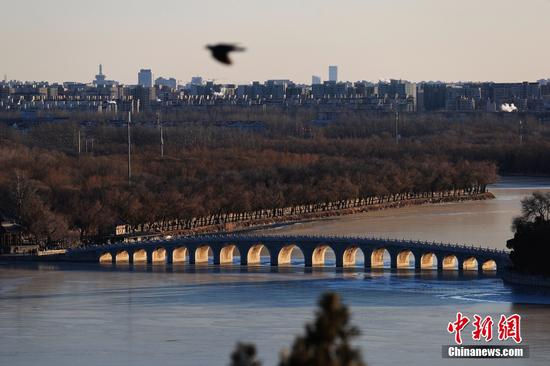




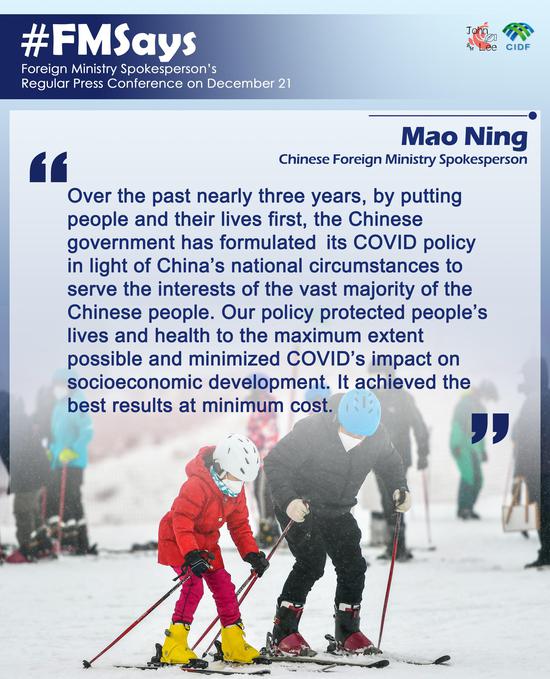


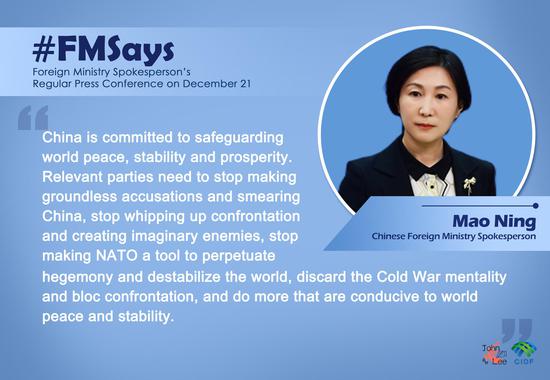


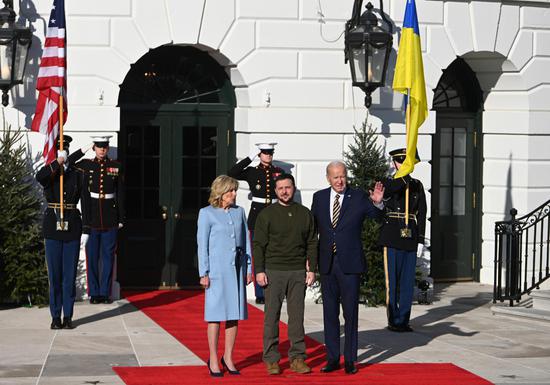

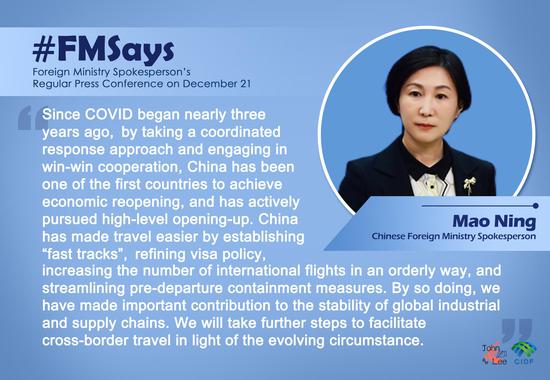

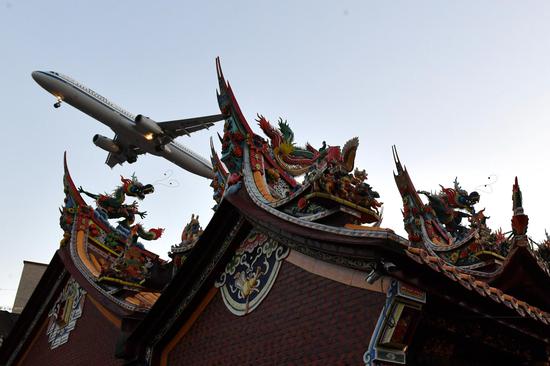

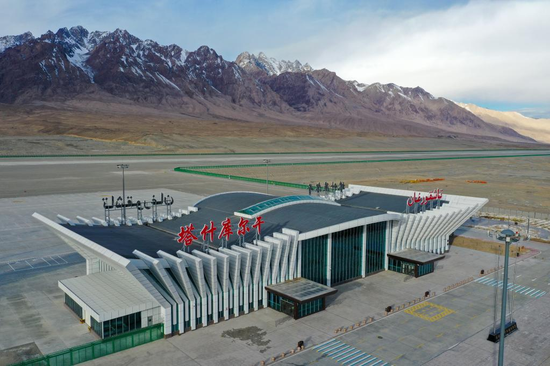
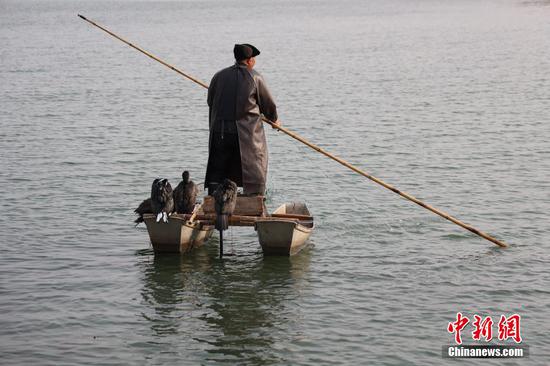

















 京公网安备 11010202009201号
京公网安备 11010202009201号